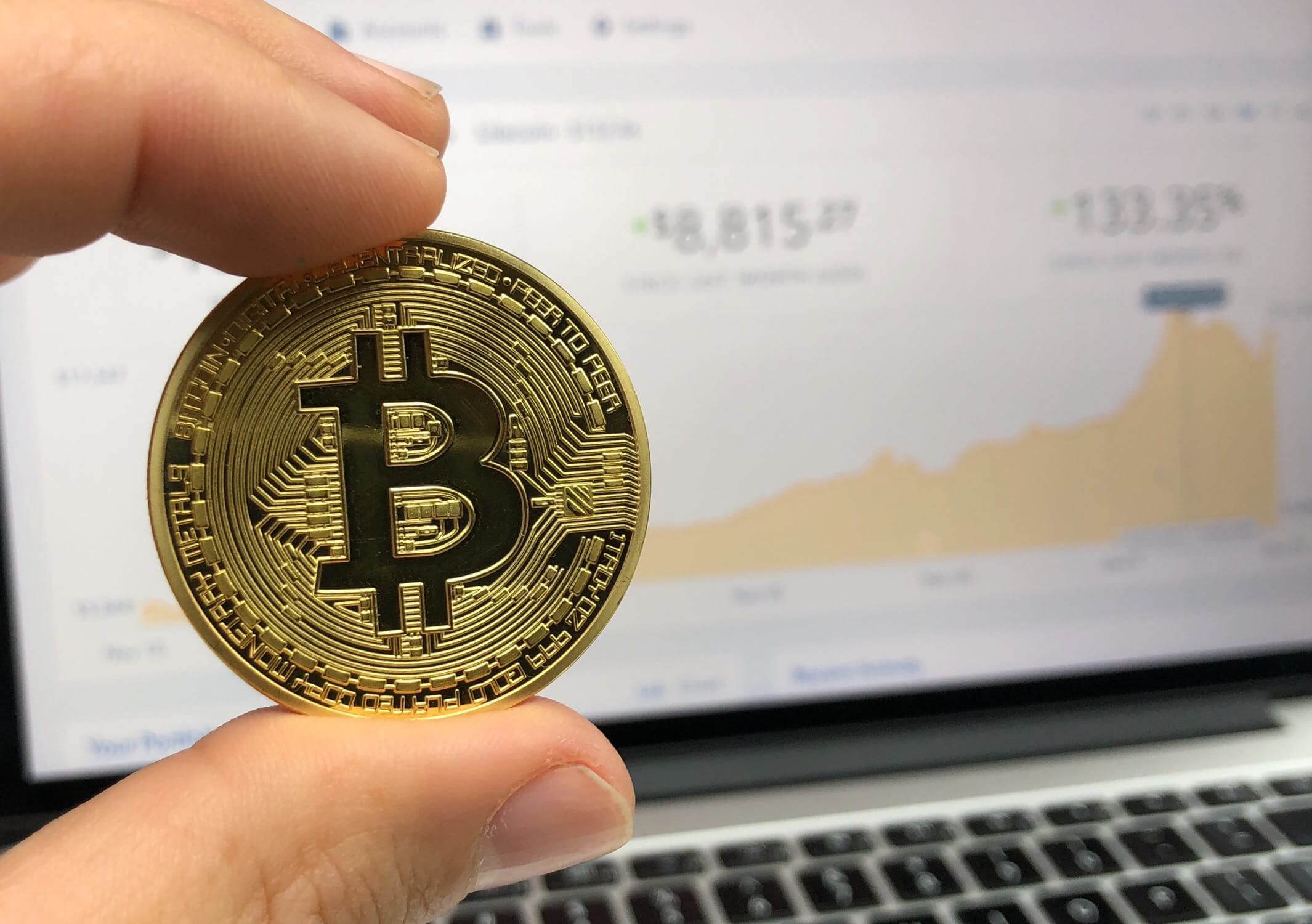Crypto
What most Bitcoin investors don’t know about taxes
Investing in Bitcoin has become rudimentary nowadays considering its current market stability. But how do basic tax principles apply to Bitcoin mining?

Bitcoin has had quite the market journey since its inception in 2008 by the anonymous Satoshi Nakamoto. What was barely worth a dollar in 2010, reached a market price of nearly $20,000 last December and is now stabilizing at around $8,000. Its tremendous growth this past decade has caught the attention of investors; both new and experienced—but it seems like many are forgetting how taxes affect the most popular crypto.
The Internal Revenue Source (IRS) considers Bitcoin and other cryptos as properties. That being said, properties are generally subject to tax as well as online transactions using cryptos.
Michael Meisler, the global blockchain leader for Ernst & Young’s tax practice, says to CNBC that many people who trade cryptos had no idea that their transactions were subject to taxes. He adds that basic tax principles apply to crypto trading meaning traders should calculate their relative gain, and then pay the amount due.
Meisler further notes that he has been undertaking cryptocurrency tax projects for the last six or seven years. He devotes most of his time in settling crypto tax problems—something that has been a global scale issue for them.
However, what may make paying Bitcoin tax rather complicated is that its prices are very dynamic. It will be hard for investors to get a full idea of what their relative gains are because they have most likely bought and sold coins at varying price points.
When it comes to Bitcoin mining, taxes are rather direct. The miner is considered as a self-employed individual, thus, he is subjected to self-employment tax. These taxes could be minimized because of operational costs.

In the late quarter of last year, Bitcoin Cash was introduced to early investors. The return on investment was pretty good but these have to be reported back to the IRS. (Source)
Things could become a little complicated when it comes to crypto airdrops. Existing investors in current cryptocurrencies are often given units of crypto offshoots. For instance, Bitcoin investors were given Bitcoin Cash when it launched last year. In cases like these, the American Bar Association’s Section of Taxer recommended to the IRS that offshoots should be priced at zero initially. Investors will be taxed on occurring gains after then. However, since airdrops typically amount to nothing, some tax firms argue that it is not worth paying.
Early investors owe a lot in taxes
Bitcoin has given its early investors astronomical returns. However, if these investors weren’t able to report these taxes by today, it is likely that they owe a lot to the IRS now.
Wall Street’s Tom Lee says to CNBC that households in the United States owe nearly $25 billion in taxes because of Bitcoin’s stellar performance last year. The resulting capital gains tax could translate to massive crypto selling soon, he adds.
With cryptos becoming more relevant, it is likely that taxing software related to Bitcoin and other coins could appear to help regulate taxes. Once these advancements emerge, experts believe that there will be a sharp increase in crypto trading.

-

 Markets2 weeks ago
Markets2 weeks agoGold’s Historic Surge and Sudden Crash Signal Volatility, Not Defeat
-

 Cannabis5 days ago
Cannabis5 days agoWhen a Cutting Becomes a Cannabis Plant: Court Clarifies Germany’s Three-Plant Rule
-

 Africa2 weeks ago
Africa2 weeks agoIvory Coast Development Plan 2026–2030: Investment, Growth, and Strategic Reforms
-

 Africa19 hours ago
Africa19 hours agoMASI Surge Exposes Market Blind Spot: The SAMIR Freeze and Hidden Risks

























You must be logged in to post a comment Login